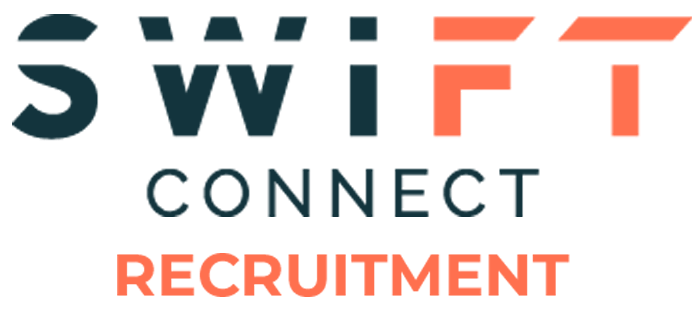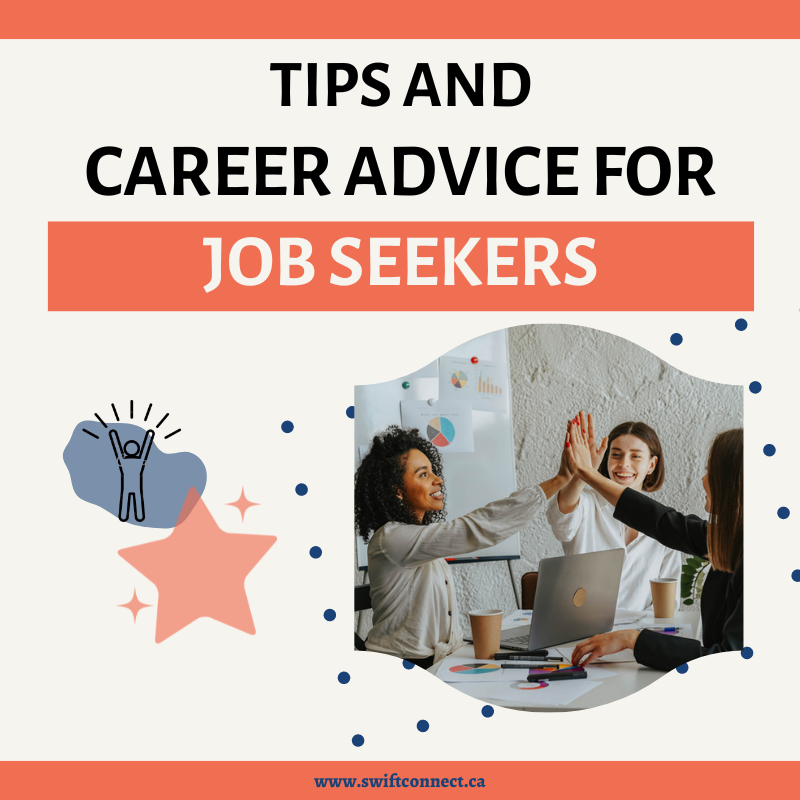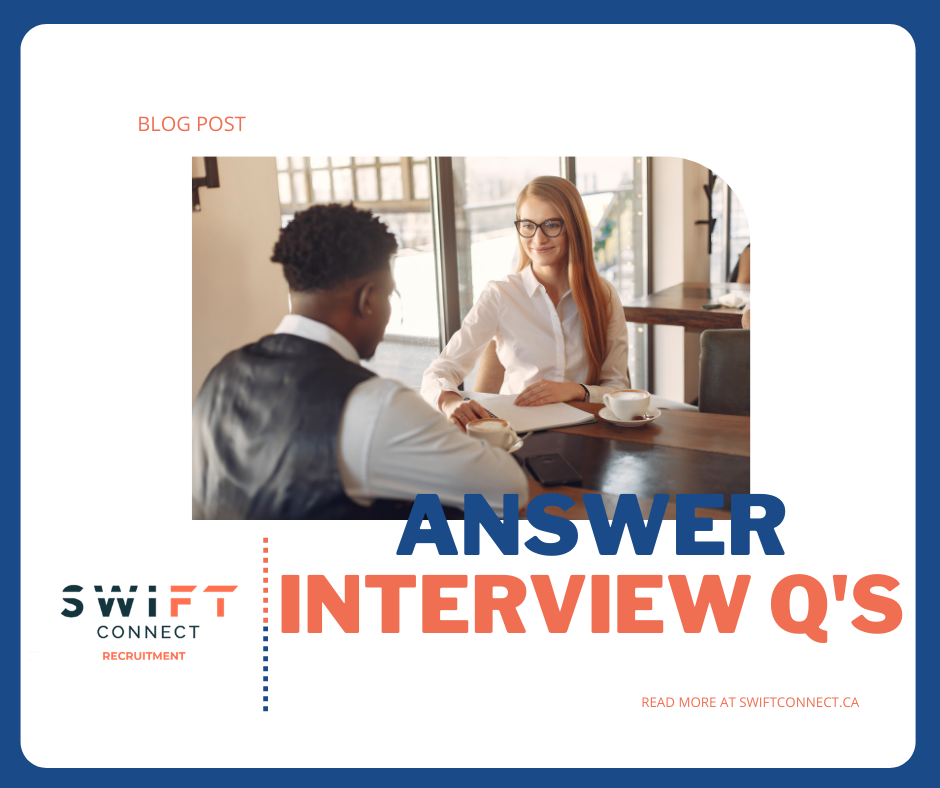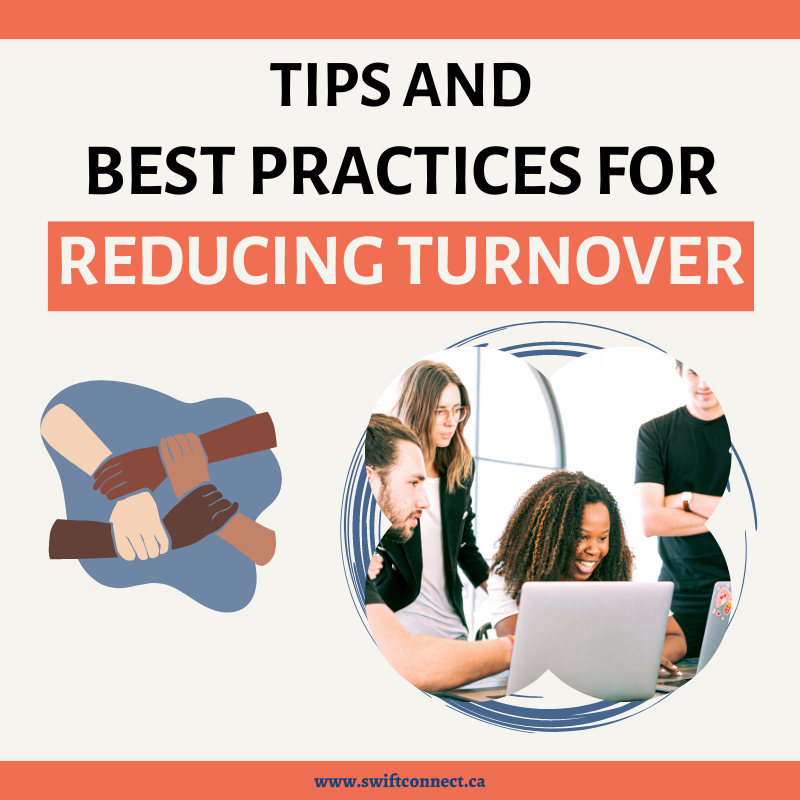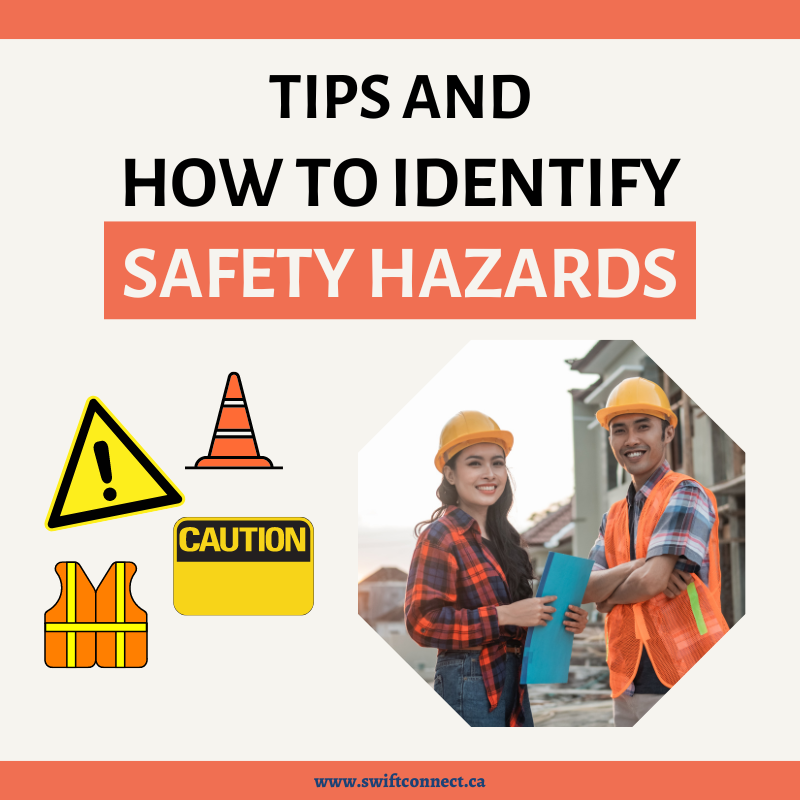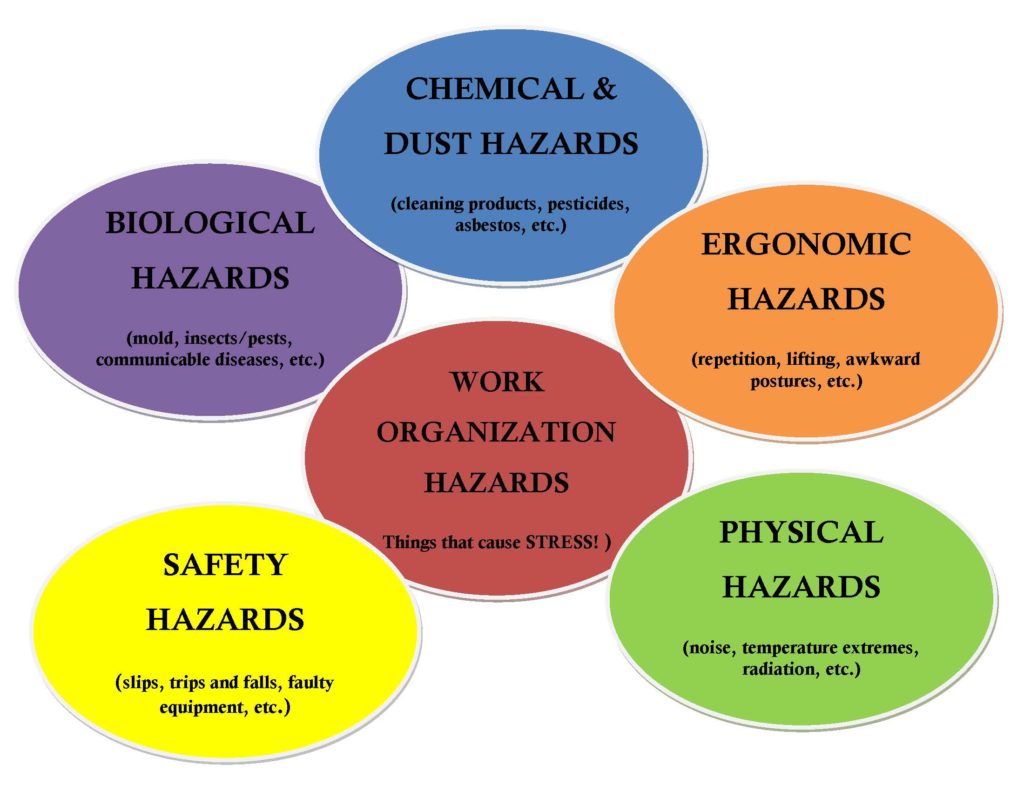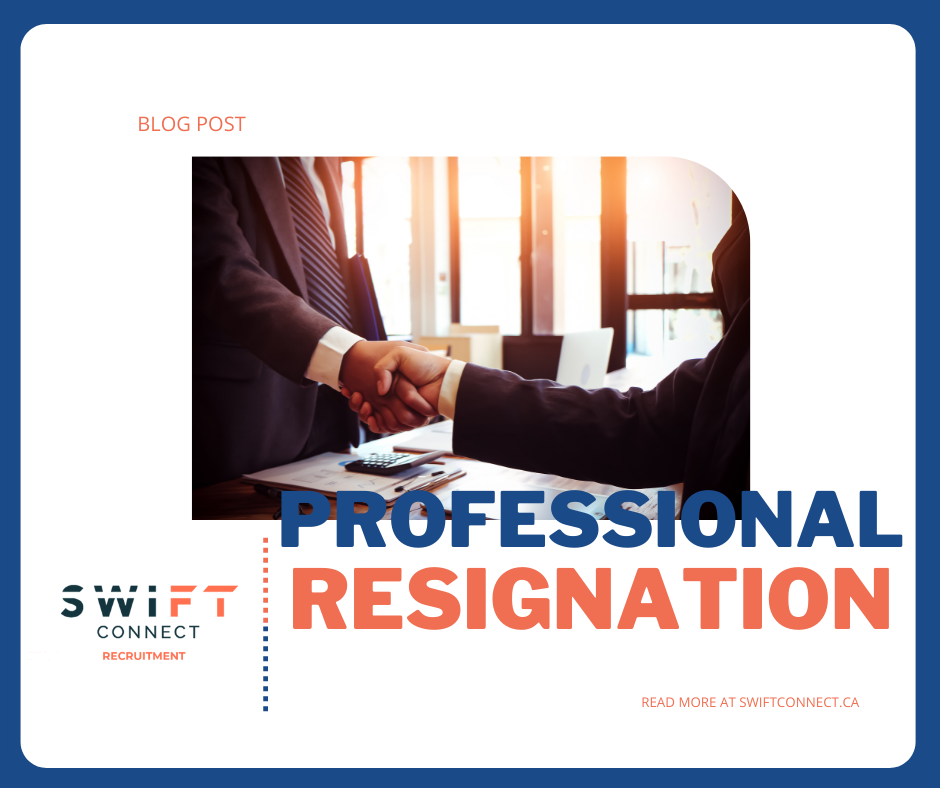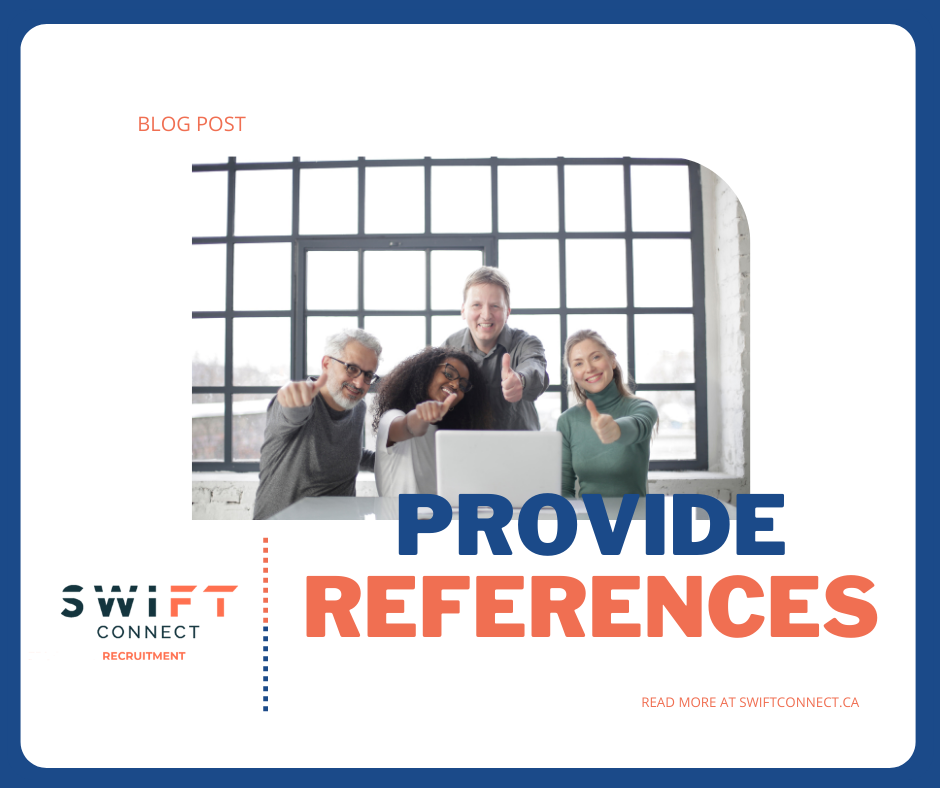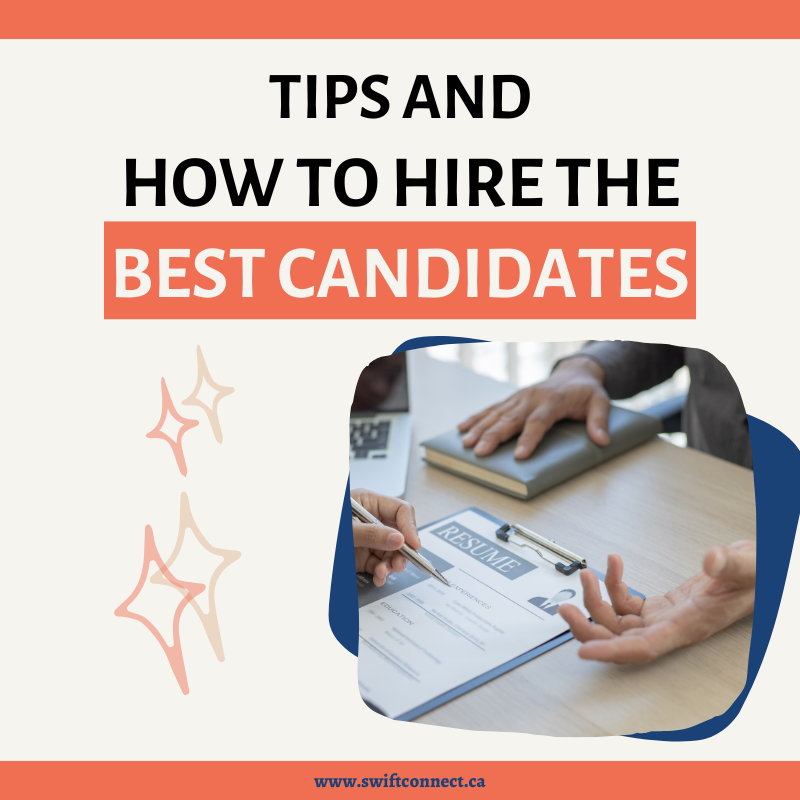New Job Opportunity: Class 2 Forklift Operators
Our client, CJ Logistics, is looking for certified Class 2 Forklift Operators with experience in a warehouse and operating a Reach Truck or Order Picker Forklift.
CJ Logistics is an established logistics and global transport company from South Korea. They provide merchandise and goods to companies around the world. There are two locations in Surrey, the work location is at 188St and 96Ave.
* No. of Positions: two
* Warehouse Department: Machine Operators
* Work Schedule: 5 days a week
* Work Hours: 2:00pm – 8:00pm
* Hourly Wage: $21.50 per hour
* English: Able to communicate easily.
Ability to communicate in Korea a plus.
* Job Requirements: Candidates should have knowledge and experience operating a Stand-up Reach Forklift or Order Picker Forklift. Candidates should also have at least 1 year of experience in a warehouse environment. To apply, candidates must have a valid Class 2 Forklift Certificate.
We look forward to many inquiries from qualified candidates. Please send your resumes to jobs@swiftconnect.ca
